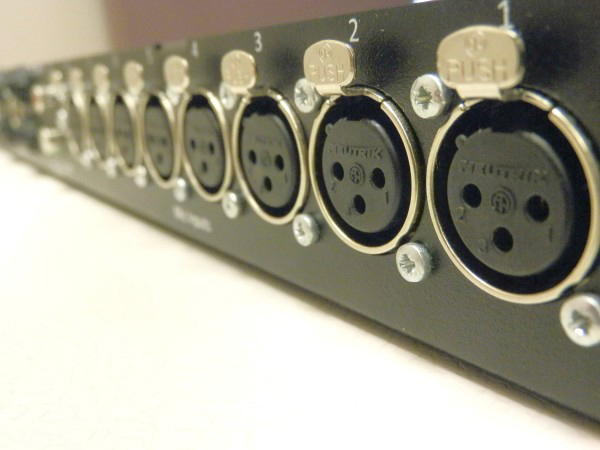
With a few years under our belt in the industrial PA system space, we wanted to put together a list that will help future customers to find the system that is best for them. So here is a list of 10 things to consider when looking at an industrial PA system for your business:
1. Paging
Does the system send live pages? Does it have text to speech paging? Does it allow you to work with other Transit partners?
2. Remote Testing
A PA System should have remote testing for test tone, local page broadcast, remote page broadcast and redphone telephone operation.
3. Complete Diagnostics
For the PA system to work correctly and the way you need it, a complete system diagnostic should be available at any time within the network.
4. Self Diagnostic Amplification
When diagnostics are not able to be manually performed, self diagnostic amplifiers should be able to check for overloads, temperature, and power failure indications. These indications should be sent to remote monitoring stations in order for a PA system to work correctly and safely.
5. Compatibility Protocol
For unified communications management, a PA system needs to enhance traditional communication services, and be compatible with protocol. An industrial PA system needs to be able to be integrated with PBx extensions, radio networks, and carrier systems. Minelec provides the compatibility to PENTA product protocol.
6. Transit Partners Compatibility
PA systems need to be compatible with other transit partners for paging. Being able to communicate through paging should not just be available to one system. In example, Minelec PA systems are able to page TTC network PAs.
7. Unlimited Expansion Capability
IP control and audio is needed and standards are being raised to unlimited geographical expansion capabilities, in order to be simplified into one unified system. This can be achieved with IP system architecture.
8. Activity Logging
Confirmation needs to be made of called stations, time of call, and all of this information needs to be recorded for the indicated times.
9. Real Time Noise Level
Real time noise level is enhanced by the use of DSP unique ear – brain algorithm. Having an optional real time noise level compensation capability that maintains SPL 10dB above ambient noise.
10. Approval
A complete approval should be conducted on any system before being officially completed. All Minelec Industrial PA Systems undergo a double approval process. A safety approval on all the equipment contained in the Minelec IP PA Cabinet is the first step in the process. For the second step, the complete cabinet is than identified by a unique serial number that is riveted to the completed Minelec IP PA Cabinet.

